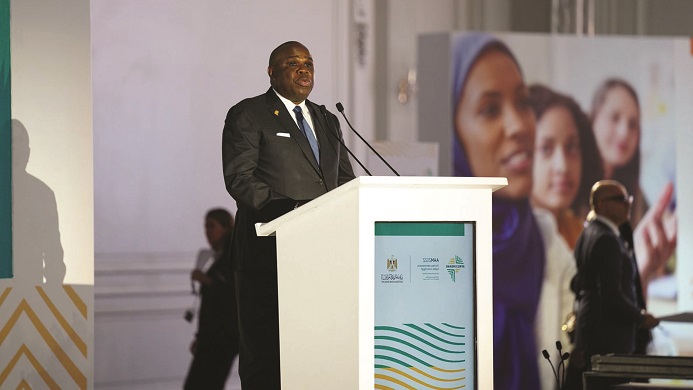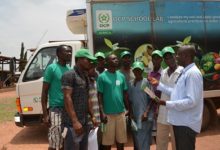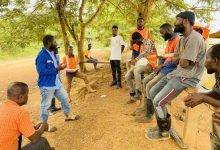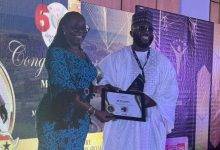
The ongoing Ukraine crisis presents new challenges to Africa as it is hindering access to grains, fertilisers and petroleum products, Professor Benedict Oramah, President and Chairman of the Board of Directors of African Export-Import Bank (Afreximbank) has said.
He said the crises have led to galloping inflation in many African countries, which were only beginning to recover from the COVID-19 pandemic.
Addressing participants at the official opening of the 29th Afreximbank Annual Meetings (AAM2022) in Cairo, Egypt yesterday, he said “Mindful that Africa’s problems are for Africans to solve, Afreximbank has once again stepped in with the launch of a 4 billion dollar Ukraine Crisis Adjustment Trade Finance Programme for Africa (UKAFPA) to help countries to contain the short-term impacts of the crisis.”
The meetings of the Africa Export-Import Bank kicked-off on Wednesday with more than 3,000 high-profile international bankers and officials taking part.
Themed “Realising the AfCFTA Potential in the post-COVID-19 Era—Leveraging the power of the youth”, the Afreximbank annual meetings includes Advisory Group Meetings and the Annual General Meeting of shareholders, complemented by seminars and plenaries.
The meetings are being attended by businesses, bankers and political leaders and have been ranked among the most important gatherings of economic decision-makers in Africa.
Organised by the Central Bank of Egypt (CBE), the annual meetings will be attended by governors of central banks and heads of government in Africa, as well as representatives of regional and international organisations, atop of which the UN, the African Union (AU) and the International Monetary Fund (IMF).
The four-day event also includes two exhibitions about presidential programmes and initiatives to support the development of Small and Medium-sized Enterprises (SMEs) in the framework of the African Free Trade Agreement (AfCFTA).
Prof. Oramah said Afreximbank had become a vital instrument for crisis intervention in Africa.
“The success of its interventions reminds us of the urgency not only to support our own institutions but to make them stronger and more effective. With its limited resources, Afreximbank made a significant impact in helping Africa to contain the pandemic. A stronger Afreximbank and, indeed a stronger group of African Development Finance Institutions, can be one of the solid pillars on which Africa’s development can be built,” he said.
He said the creation of the African Vaccine Trust (AVAT), enabled African Union (AU) member states to procure 400 million doses of the Johnson and Johnson COVID-19 vaccine for the fight against the spread of the COVID-19 pandemic through the AU’s Africa Vaccine Acquisition Task Team (AVATT), which debunked the notion that Africa could not rise again.
“We stand on the pedestal of the work done here to say that we can if we dare,” Prof. Oramah said.
He complimented the resilience of the continent during the challenging times brought about by the COVID-19 pandemic, saying that positive stories emanating from particular countries like Egypt, which had invested over 62 billion US Dollars over the past six years in massive infrastructural transformation, were a manifestation of the continent’s ability to achieve whatever it desired for its people.
“Notwithstanding the increased frequency of crises, we must not lose sight of the fundamental challenges that Africa must resolve. We can no longer accept that after 60 years of independence, Africa remains financially and economically fragmented. We can no longer continue to espouse the benefits of an integrated continent but do little to achieve it,” Prof. Oramah said.
The President of Egypt, Abdel Fattah Elsisi, contributing to a panel discussion stressed the need for African countries to move away from the rhetoric about developing the continent and move into action.
“I’m not only dreaming about the development of Egypt, but I’m also dreaming about our entire African continent,” he said.
BY DAVID ADADEVOH



